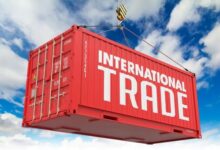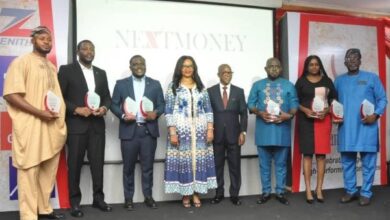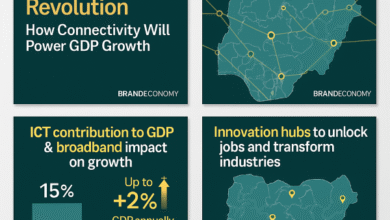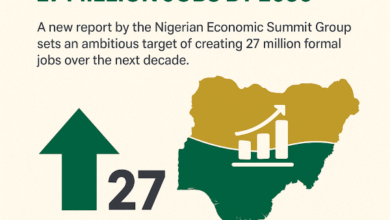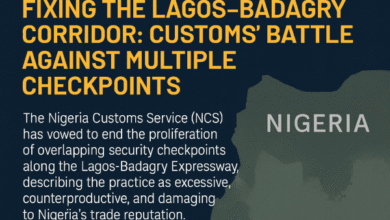Customs Debunks Form ‘M’ Migration Charges, Reaffirms Free Transition to B’Odogwu Platform

The Nigeria Customs Service (NCS) has refuted widespread claims suggesting that importers or their agents are required to pay fees to migrate Form ‘M’ from the old NICIS II platform to the newly deployed B’Odogwu Trade Management System, describing such assertions as false, misleading, and entirely baseless.
In a detailed statement issued Friday in Abuja, Customs Public Relations Officer Abdullahi Maiwada clarified that the ongoing platform migration is purely a technical and administrative exercise, aimed at ensuring a seamless digital transition in line with Customs’ modernization agenda — at no cost to the trading public.
From NICIS II to B’Odogwu: What the Migration Actually Involves
With the phased deployment of the B’Odogwu system across Customs Area Commands, Nigeria Customs has embarked on a controlled migration of trade data and documentation processes — particularly the Form ‘M’, which is a mandatory import declaration document.
Maiwada explained that only importers and agents whose Bills of Lading (BoL) or manifests have already been routed through B’Odogwu but whose Form ‘M’ was earlier registered on NICIS II are required to make an additional soft submission to enable migration.
“Affected stakeholders must submit a soft copy of the existing Form ‘M’ to the Technical Supervisor (TS) in their respective Commands,” Maiwada stated. “Once this is done, Customs completes the migration internally — without charging a fee.”
Upon successful migration, importers can access their “registered” Form ‘M’ via the B’Odogwu dashboard and continue with Pre-Arrival Assessment Report (PAAR) processing through an integrated command interface.
NCS Reaffirms Zero-Tolerance for Extortion
Customs warned against any individual or group exploiting the transition period to extort fees from unsuspecting traders, stressing that no official payment is required for this migration.
“These fraudulent demands are not only illegal, but also undermine our commitment to transparency and trade facilitation,” Maiwada said. “Stakeholders should report any such misconduct through official channels.”
Under the leadership of Comptroller-General Adewale Adeniyi, NCS has committed to building a transparent, tech-driven, and user-friendly trade environment, positioning itself as a regional model for Customs automation.
BRANDECONOMY INSIGHT: Why This Matters for Nigeria’s Trade Ecosystem
The migration from NICIS II to B’Odogwu is a pivotal moment in Nigeria’s digital customs reform, as it lays the groundwork for:
- Faster clearance timelines via digitized documentation,
- Reduced human interference, which lowers corruption risk, and
- Improved cross-platform compatibility for end-to-end cargo tracking.
However, successful migration depends heavily on stakeholder confidence, which is why clarity on cost neutrality is critical. In an environment where digital transitions often open loopholes for unofficial fees, NCS’s firm denial and public sensitization is a welcome step toward institutional accountability.
BOTTOM LINE:
There are no charges for migrating Form ‘M’ to the B’Odogwu Trade Management System. The process is official, technical, and entirely free, as confirmed by the Nigeria Customs Service. Any demand for payment is fraudulent and should be reported.
As Nigeria pushes toward a smarter port ecosystem and digitized border processes, transparency remains the anchor of successful trade reform.




